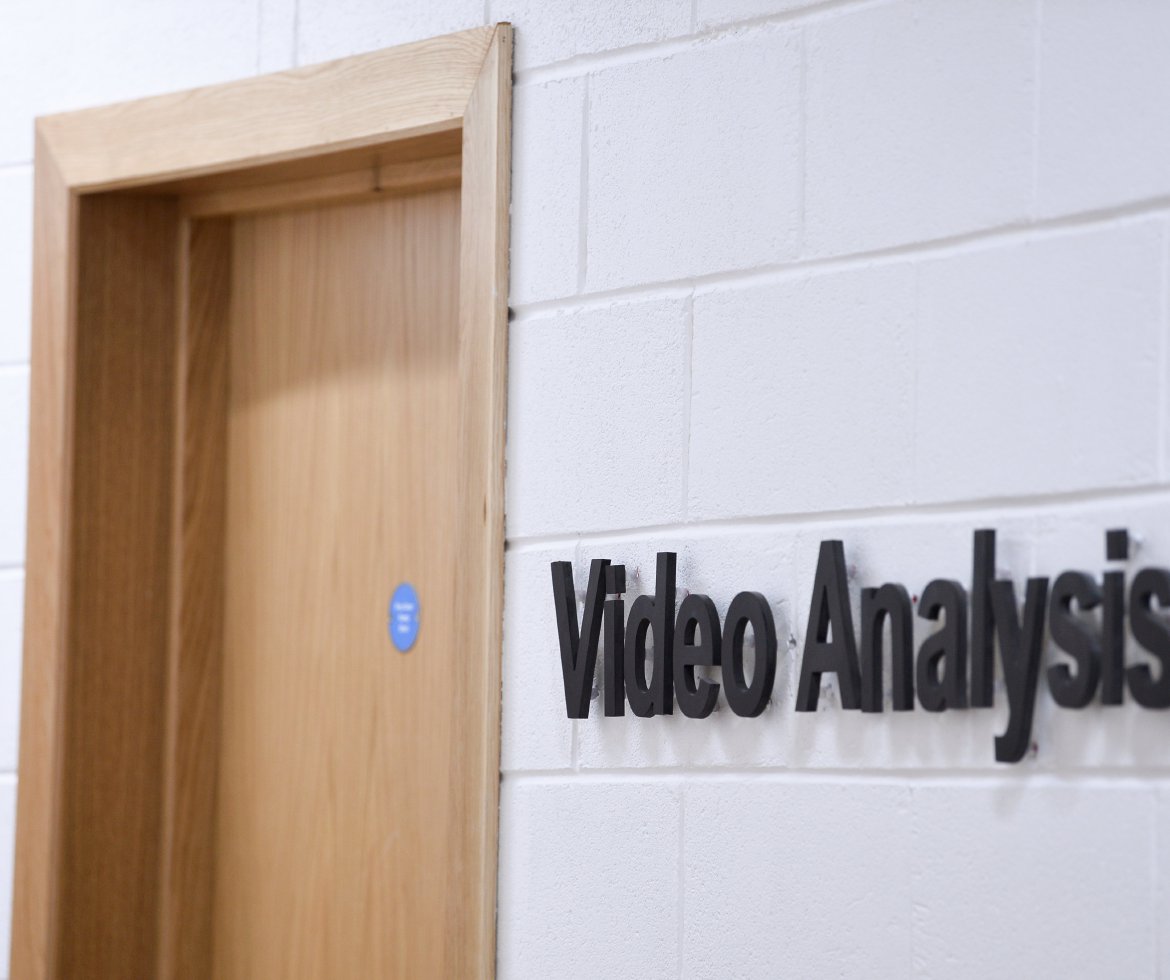WHEN you are involved in Gaelic football, or any sport for that matter, you have to contend with the fact that losing comes with the territory. This can be a difficult concept as nobody plans to lose.
Hours, months and years are dedicated to winning. However, once you find that balance of not accepting defeat but learning from it then you are on the right road.
One of my shortcomings as a manager (one of many I hear you say) has been an emotional attachment to losing. For example, in my first year with St Bride’s we fell short in the semi-final of the Intermediate Championship. As the whistle went I ran off the field, left my gear in the changing room and left the WhatsApp group within half an hour. Not through bad temper or bad sportsmanship but rather utter devastation.
I couldn’t sleep for two weeks and was done with football as I had let the club down. As they say, ‘time is a great healer’ and thankfully I stayed. It still took me nine months to watch the video of the game and thankfully we beat the same opposition the following year in the final.
This is a classic example of how being emotionally invested in a process can actually stifle the analytical process that’s vital to improvement. There has to be objectivity or coldness to results both good and bad in order to develop. This is the challenge and one that I am trying to improve on.
The Dublin team under Jim Gavin absolutely cracked this process. You may say sure they always won, to which I would say two things. Firstly, they looked at the Donegal defeat objectively and coldly and realised the areas they needed to improve upon. They had to adapt their purist approach to combat defensive oriented teams that drew them in and hit them on the break.
Gavin has since referenced this loss and the lessons learned. “I think what’s fair to say is that there’s always learning to be gained from each game we play. That has always been the philosophy within the team, there’s always been that learning culture to see what we can get from each game, whether we win, lose or draw.”
The second point I would make is when you’re winning you tend not to look as much at the areas to improve upon for the next game. To a certain extent good results can paper over deficiencies in your team. This, again, is where the best managers remain cold and analytical in order to pick one or two things to improve upon even when winning.
I imagine at county level there are systems in place specifically for performance analysis with dedicated personnel, often independent of the coaching team to present findings in cold hard facts.
Club level has this process as well but often the analysis is completed by the management team and this is where objectivity can be hard to achieve. Firstly, you have to attempt to set aside your emotions to the result and look at what went right or wrong.
From personal experience, its great watching the video back when you’ve won but it can be an incredibly difficult task when you’ve lost a game you poured everything into.
Secondly, you have to involve the players and take on board their observations whilst attempting to hide your own disappointment. Players want a manager that can improve things, not one who is feeling sorry for him or herself.
As previously referenced, I’m endeavouring to develop in this area. There’s a fine line between the elation of victory and the despair of defeat.
If you can’t overcome this then, critically, you won’t develop as a team. You must find the balance between not accepting defeat and learning from it.
Kipling put it best when he said, ‘if you can meet success and failure and treat them both as impostors, then you are a balanced man, my son’. My long suffering wife, Marie, would no doubt say I still have a way to go in handling defeat.
Receive quality journalism wherever you are, on any device. Keep up to date from the comfort of your own home with a digital subscription.
Any time | Any place | Anywhere












